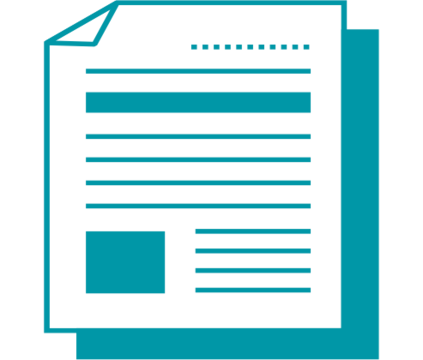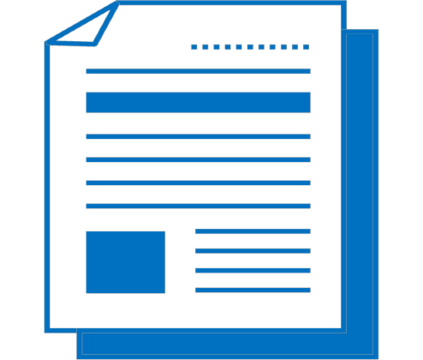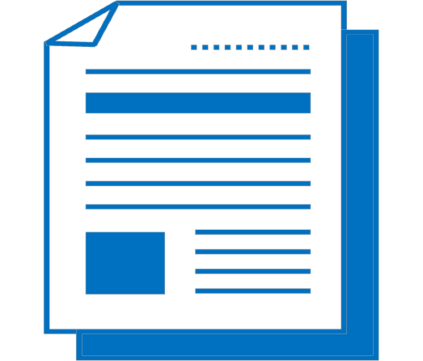Knowledge tracing (KT) plays a crucial role in predicting students' future performance by analyzing their historical learning processes. Deep neural networks (DNNs) have shown great potential in solving the KT problem. However, there still exist some important challenges when applying deep learning techniques to model the KT process. The first challenge lies in taking the individual information of the question into modeling. This is crucial because, despite questions sharing the same knowledge component (KC), students' knowledge acquisition on homogeneous questions can vary significantly. The second challenge lies in interpreting the prediction results from existing deep learning-based KT models. In real-world applications, while it may not be necessary to have complete transparency and interpretability of the model parameters, it is crucial to present the model's prediction results in a manner that teachers find interpretable. This makes teachers accept the rationale behind the prediction results and utilize them to design teaching activities and tailored learning strategies for students. However, the inherent black-box nature of deep learning techniques often poses a hurdle for teachers to fully embrace the model's prediction results. To address these challenges, we propose a Question-centric Multi-experts Contrastive Learning framework for KT called Q-MCKT. We have provided all the datasets and code on our website at https://github.com/rattlesnakey/Q-MCKT.
翻译:暂无翻译













































